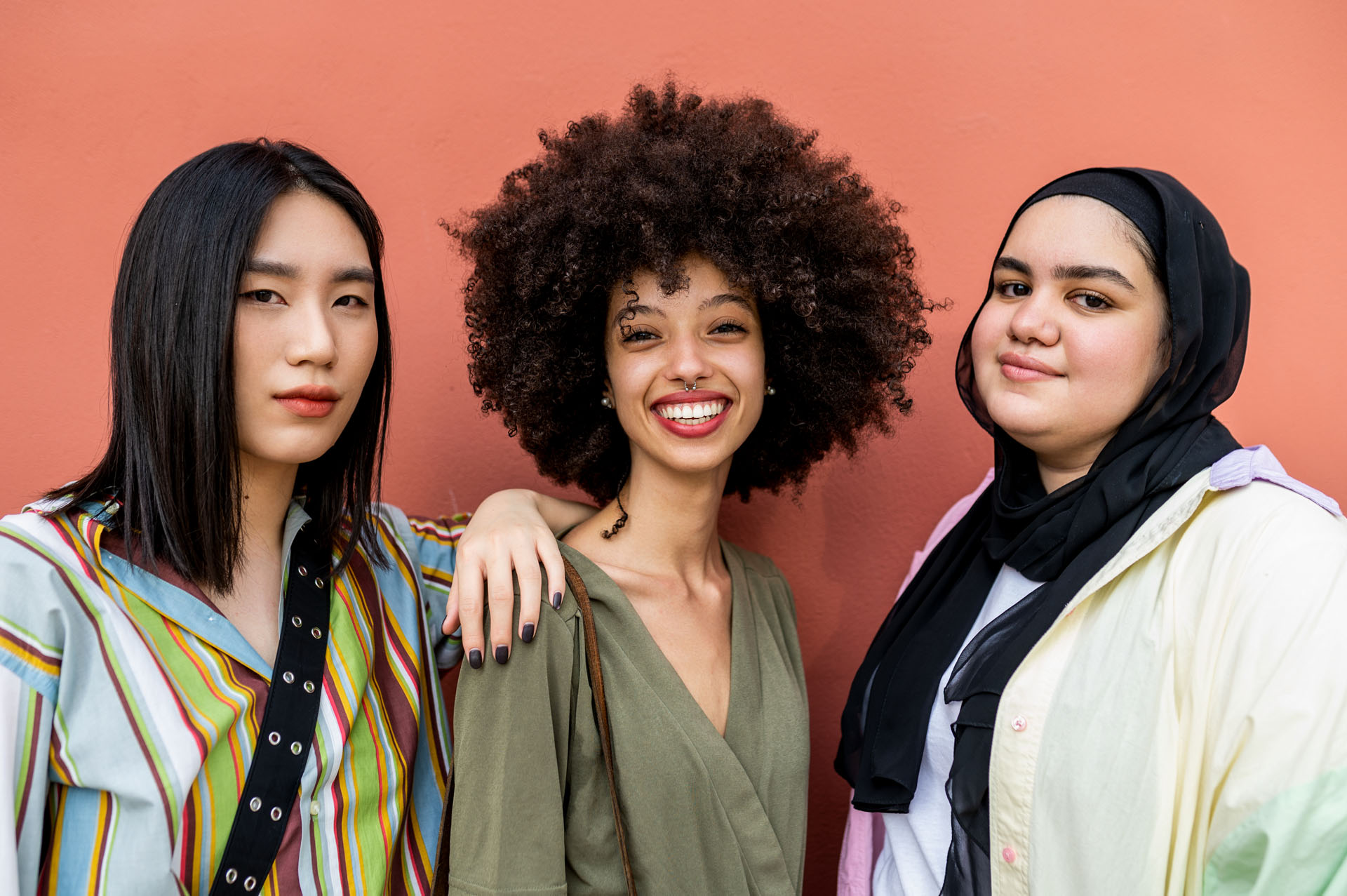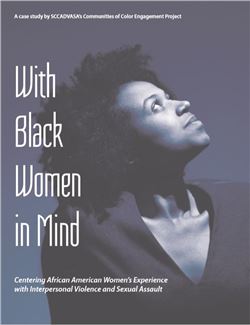Overview
The Communities of Color Engagement Project is an effort to identify the specific needs of communities of color in South Carolina as we work to reduce sexual violence (SV) and intimate partner violence (IPV), and develop resources that address the diverse and intersecting needs of victims and survivors across our state. Through this project, we hope to increase equity and access to culturally appropriate services in South Carolina through collaboration with member organizations, community partners, grassroots leaders, faith leaders and other allies.
Our focus will be to elevate the best practices for engaging marginalized communities of color, particularly African American communities, by utilizing a trauma-informed lens and taking a holistic approach to inform the work.
Listening sessions and small focus groups provided an open place for community members to speak to the barriers that people of color, and particularly African Americans, face when attempting to access services. These sessions also cultivated a space for participants to acknowledge the historical and contemporary injustices and the cultural norms that continue to have an impact on survivors. By acknowledging the diverse experiences and shared commonalities within the stories and needs voiced by these participants, we can increase our member organizations’ and allied partners’ capacity to serve these and other marginalized communities in a holistic and trauma-informed way. We are deeply thankful for the participants’ willingness to speak about their experiences and to provide input into how programming can be more inclusive and effective.
We hope the voices and diverse experiences of women of color who participated in our listening sessions can be heard and elevated, informing a possible path forward that will increase the cultural responsiveness of organizations working with survivors, including SCCADVASA, our member organizations and our community partners. We believe that by centering the voices of historically underserved African American women, we create safer thriving communities for everyone, where all survivors can access services that meet their individual needs.
Read With Black Women In MindBrief Summation: With Black Women in Mind
Intimate Partner Violence (IPV) and Sexual Violence are public health epidemics in South Carolina that disproportionately impact communities of color.
While IPV and sexual violence affect people across all races, ethnicities, socioeconomic statuses, classes, religions, sexual orientations, abilities and genders, African Americans are disproportionately impacted in comparison to most other races. The high rates of victimization are further compounded by other intersecting factors and identity categories that make already vulnerable groups even more vulnerable. For example, Black and African American transgender women face extraordinary rates of violence and low life expectancy. It is also important to remember that identities are not static but instead shift during a person’s lifetime, changing the landscape of challenges they face.
A survivor’s response to IPV is often determined by cultural values, social status, and available resources. There is increasing evidence that African American women may respond differently to various forms of abuse than women from other racial groups. African American survivors remain in abusive relationships longer than women from other ethnic groups, experience higher rates of injury and face additional obstacles to finding safety because of social norms and cultural barriers, job instability, the risk for unemployment, homelessness, low-wages, limited resources, higher rates of community violence and fewer available help-seeking options.
Cultural and economic barriers preventing African American women from self-reporting their victimization must be addressed and culturally relevant programming to meet survivor’s diverse and intersecting needs should be developed and properly implemented across agencies to meet survivor’s diverse and intersecting needs. Even as there has been an increase in the community’s formal institutional response to IPV in recent years, the majority of available resources, support and counseling services continue to be underutilized by African American women either because they don’t know they exist or because of perceived (or actual) cultural insensitivity from service providers that undermines trust.



